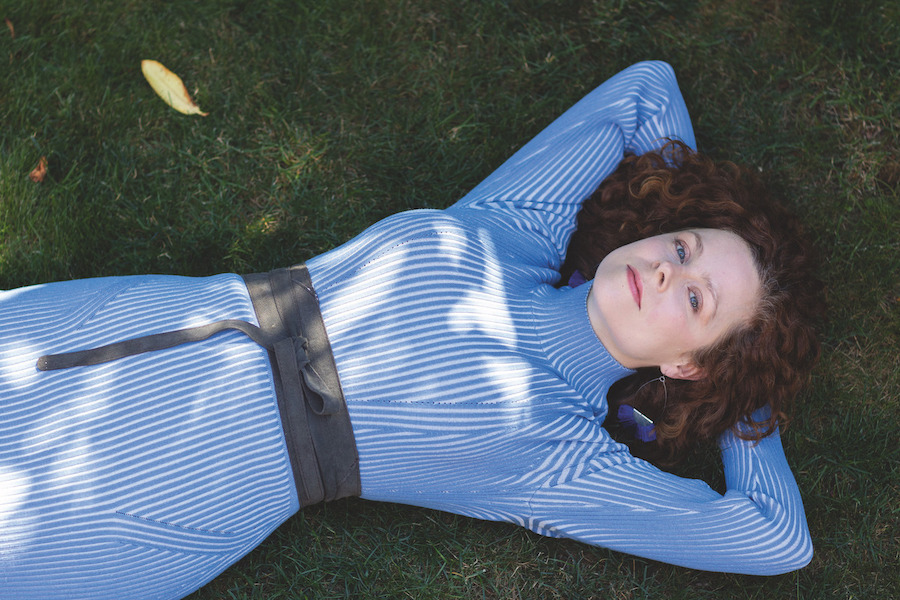The biblical story of how the female body was fashioned from Adam’s rib isn’t taken literally in scientific circles anymore, but it still shapes medical research in fundamental ways.
Medicine has long seen the female body as just a male body with a few extra bits. But that’s a fatal misreading, argues Cat Bohannon in her new book, Eve: How the Female Body Drove 200 Million Years of Human Evolution. Instead, the reality of having two separate biological sexes “permeates every major feature of our mammalian bodies and the lives we live inside them, for mouse and human alike,” she writes.
Bohannon, an American poet who has a PhD in the evolution of narrative and human cognition, has set herself the task of figuring out exactly how and when the defining female features evolved and how they shape the way our species functions. In other words, she seeks ancestral Eves through the fossil record laid down over millions of years, the female mammals who first developed, say, the ability to lactate and then make a placenta and walk upright.
This sweeping intellectual tour-de-force becomes what she calls a “user’s manual for the female mammal.”

More on Broadview:
- Why some experts see the Virgin Mary as a prophet too
- “And Also Some Women” EP #5 – All About Eve
- These medical practitioners use traditional Chinese medicine to make healthcare safer for LGBTQ2S+ patients
Take, for example, fat. Women in our society tend to loathe their body fat and go to great lengths to get rid of it. Bohannon explains that fat is actually an ancient and critically important system in its own right. Our fatty tissue, liver and immune system all evolved from a primordial organ called the “fat body.” That’s why they share key capabilities: hormonal signalling, responding to changes in their environment and, of course, tissue regeneration. Try telling that to your diet coach.
Nor is female fat the same as male fat. In female bodies, fat deposits in different parts of the body have different jobs. The fat on the female hip, buttock and upper thigh contains a special type of fatty acid that the body uses to help build a baby’s brain in the last stage of pregnancy and during breastfeeding.
So what happens to the babies of women who have some of that evolutionarily important fat ripped out of their bodies by liposuction? Wouldn’t it be nice to know, Bohannon writes. But because male bodies — the Adams — have been considered the medical norm since medicine began, no one has done that study. “As with huge swaths of modern medical science, female patients and their doctors are basically crossing their fingers,” she writes.
It’s not just fat. Drugs work differently in male bodies than in female ones, but drug trials are almost always conducted on male subjects. Until recently, no one was even asking whether dosages should be the same in male and female patients. Nor were they posing more fundamental questions about medical differences between the sexes.
Bohannon’s book goes far beyond the medical implications of this devotion to the “male norm.” She rewrites the very narrative of human evolution, of why and how we came to be who we are. In doing that, she puts women at the centre of things, inviting us to see ourselves in a wholly new way: not a second sex after all, but a first.
***
Alanna Mitchell is a journalist, author and playwright and the features editor at Broadview. She lives in Toronto.
This story first appeared in Broadview’s March 2024 issue with the title “The Importance of Eve.”















